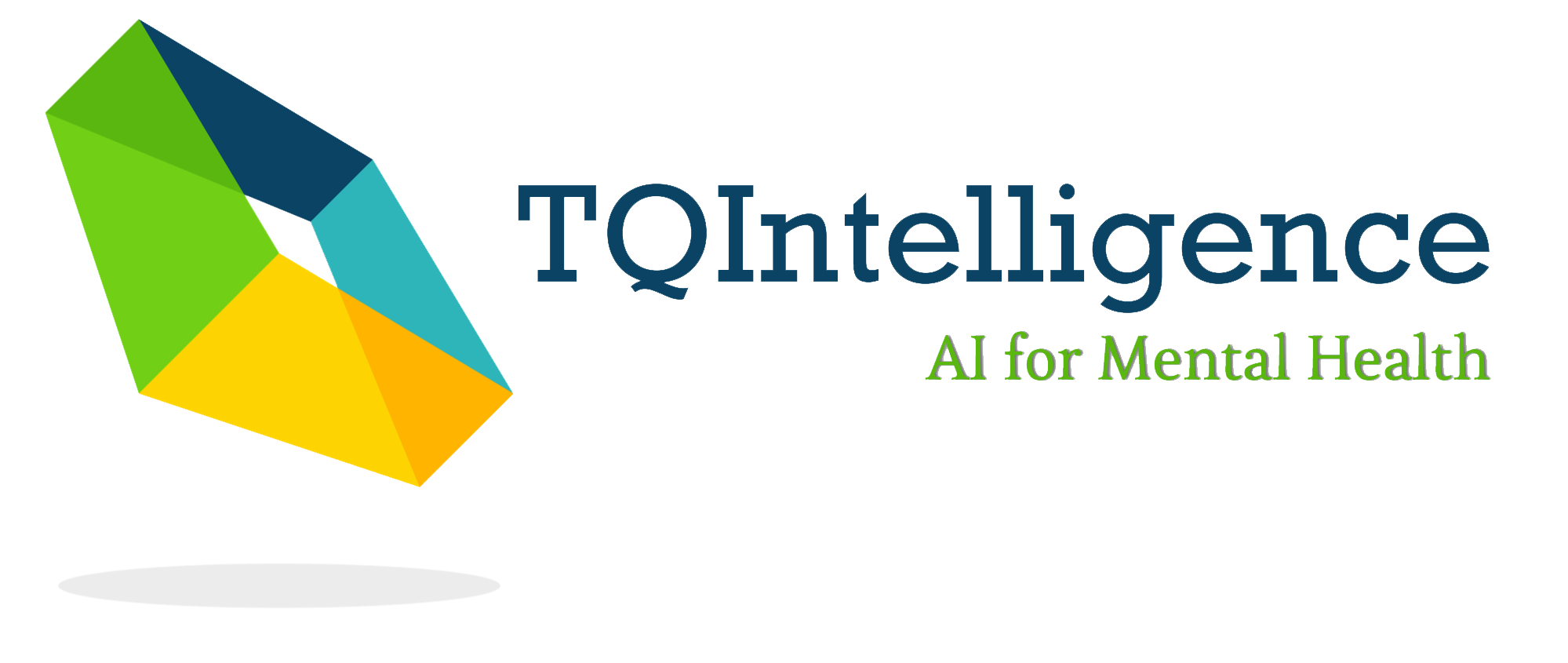A Publication in JMIR Unveils TQIntelligence's AI-Driven Measurement Based Care Facilitates Quality Psychaitric Services
Pilot Study for Artificial Intelligence-Enabled Innovation to Address Youth Mental Health Crisis
ATLANTA, GA, UNITED STATES, October 30, 2023 /EINPresswire.com/ -- Psychotherapy, especially when it comes to young individuals, has posed significant challenges within the healthcare system for a considerable time. The traditional methods, which demand substantial resources, have lacked clear and objective criteria to guide effective therapeutic interventions. In underserved communities with limited resources, the quality of mental health services for children has been further compromised by a shortage of well-trained and licensed mental health professionals. However, a glimmer of hope is now on the horizon.Addressing these pressing issues, this study has harnessed the transformative potential of artificial intelligence (AI) to improve mental health treatment outcomes (https://www.researchprotocols.org/2023/1/e51912). Through the automation of emotion detection from speech, this innovative approach has the capacity to reshape the mental health outcomes measurement landscape, offering a much-needed alternative to traditional subjective measures.
The challenges surrounding youth psychotherapy are intricate. Traditional measurement methods have faced difficulties due to their resource-intensive nature and the absence of well-defined guidelines for effective interventions. The lack of quick, easy-to-use measurement tools with minimal impact on the providers' existing workflow has partly contributed to less than 20% of providers using any manual or software measurement to track outcomes (https://pubmed.ncbi.nlm.nih.gov/27631610/). In low-income communities, the issue of quality is further compromised due to the lack of access to “specialty mental health treatment resources, including office-based practices.” (https://jamanetwork.com/journals/jamapsychiatry/fullarticle/2616167).
The solution to overcoming these challenges lies in the integration of well-designed technology and clinical expertise at the point of care. By harnessing the capabilities of AI, this study aims to empower mental health providers with the tools and insights required to improve treatment outcomes. Emotion detection from speech, driven by AI, emerges as one such solution. By automating the process of emotion detection from speech, AI introduces objective benchmarks and real-time insights to guide therapeutic interventions effectively. This technology holds the potential to bridge the gap in the quality of care, ensuring that young individuals, regardless of their socio-economic circumstances, receive quality, affordable mental health care.
The primary objective of this unique study was to develop and assess automated methods for detecting the intensity of emotions, including anger, fear, sadness, and happiness, in audio recordings of patients' speech. Additionally, the study aimed to demonstrate the practical feasibility of deploying these AI models. Building upon a previous publication by Alemu et al., which initially validated the model with a limited dataset of voice samples, this follow-up study has expanded its scope, incorporating a significantly larger dataset for validation.
The research employed audio recordings of patients, with a particular focus on children with high adverse childhood experience (ACE) scores averaging 5 or higher. These children face an elevated risk of chronic disease and social or emotional problems. Patients provided structured voice samples by reading a fixed script, which was then evaluated by four highly trained therapists based on a scoring process for four distinct emotions and their intensity levels. The study incorporated various preprocessing techniques, including denoising, voice-activity detection, and diarization. Furthermore, a range of model architectures, including convolutional neural networks (CNNs) and transformers, were explored. The researchers developed emotion-specific transformer-based models and a generalized CNN-based model for predicting emotion intensities.
In conclusion, the study demonstrates that automated emotion detection from patients' speech using artificial intelligence models is not only feasible but also accurate. The transformer-based model excels in emotion-specific detection, while the CNN-based model shows promise in generalized emotion detection. These innovative AI models have the potential to serve as invaluable decision-support tools for pediatricians and mental health providers. They can aid in triaging youth to appropriate levels of mental healthcare services quickly and objectively, ultimately improving the quality and accessibility of mental healthcare for children and adolescents.
Dr. Yared Alemu
TQIntelligence, Inc.
+1 678-770-9343
email us here
Visit us on social media:
LinkedIn
Company Description
Legal Disclaimer:
EIN Presswire provides this news content "as is" without warranty of any kind. We do not accept any responsibility or liability for the accuracy, content, images, videos, licenses, completeness, legality, or reliability of the information contained in this article. If you have any complaints or copyright issues related to this article, kindly contact the author above.


